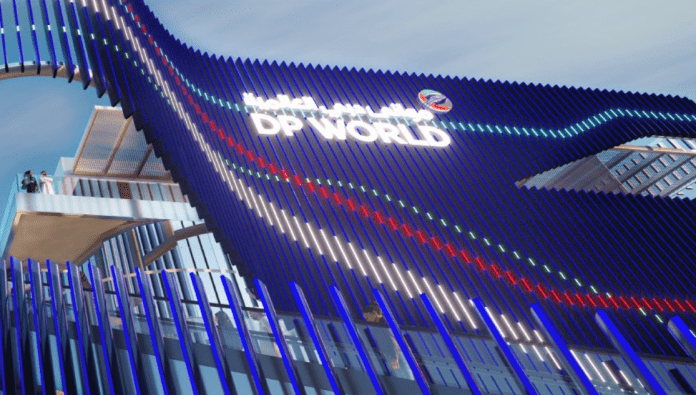
Knowing where in your operations the carbon is produced is the first major step in the green transition, for a diverse company like DP World which has port and inland operations as well as the shipping transition to contend with.
Speaking exclusively to Container News, DP World’s senior vice president of investor relations Redwan Ahmed put into context the urgency it sees as necessary and the thinking behind the company’s sukuk, the Islamic bond, comprising of US$1.5 billion for green investments.
“This is a very urgent issue for us, we understand that the world is evolving quickly, but we need to be a leader, so, we need to look at all options to accelerate our plans,” explained Ahmed, referring to the sukuk.
DP World is looking at new projects to expand its decarbonisation programme, with the urgency highlighted by both the new regulations from the International Maritime Organization (IMO) and the European Union (EU) set to increase their intensity and cost progressively from next year.
Ahmed is clear that the UAE’s chairmanship of the upcoming COP28 conference has not only given the company a “clear focus on what is expected,” but with the conference on its home turf, there is a clear drive to make a good impression, as well as to meet its Paris accord requirements.
Driving the decarbonisation process will be an initial US$700 million where the company will look for the elements of its supply chain that can transition immediately.
“In large part that means electrifying port equipment to begin with,” concedes Ahmed, with the transition of gantry cranes and cargo handling equipment the low hanging fruit in this scenario.
That will not be enough in the longer term with the company committed to being carbon neutral by 2040 and net zero by 2050. In that regard, the 2030 signpost toward that target will see the remaining US$800 million from the sukuk invested by the end of this decade.
Looking further forward the company is in discussions with its partners to develop zero emission trucks. According to Ahmed, the company would be looking for 200-300 electric trucks, “But the industry doesn’t have the capacity to build these vehicles at scale”.
The company is looking for long range trucks with the current range at around 500km, Ahmed questions whether this is achievable on fully loaded vehicles, but adds that this is simply “not far enough,” for DPW’s needs.
“We believe the industry will get there, but we need to scale in production and the right price also,” confirms Ahmed.
Perhaps the greatest challenge for DPW is to decarbonise its vessel operator, the Denmark-based Unifeeder.
Earlier this month Unifeeder announced it had ordered two 1,250 TEU dual fuel methanol and diesel feederships for delivery in 2026, with an option for a further two vessels.
The new vessels will be on charter from the German owner Elbdeich Reederei, but Ahmed pointed out that DPW is relying on the technical developments in green fuel production to make these ships viable as net zero emission vessels.
In that sense, DPW’s green transition beyond 2030 is, like many others, a shot in the dark with the company’s aim to achieve net zero emissions dependent on the development of technology and the supporting infrastructure to make it possible.
Mary Ann Evans
Correspondent at Large
Sources: Container News
 Hotline: 0944 284 082
Hotline: 0944 284 082
 Email:
Email: 


 VN
VN